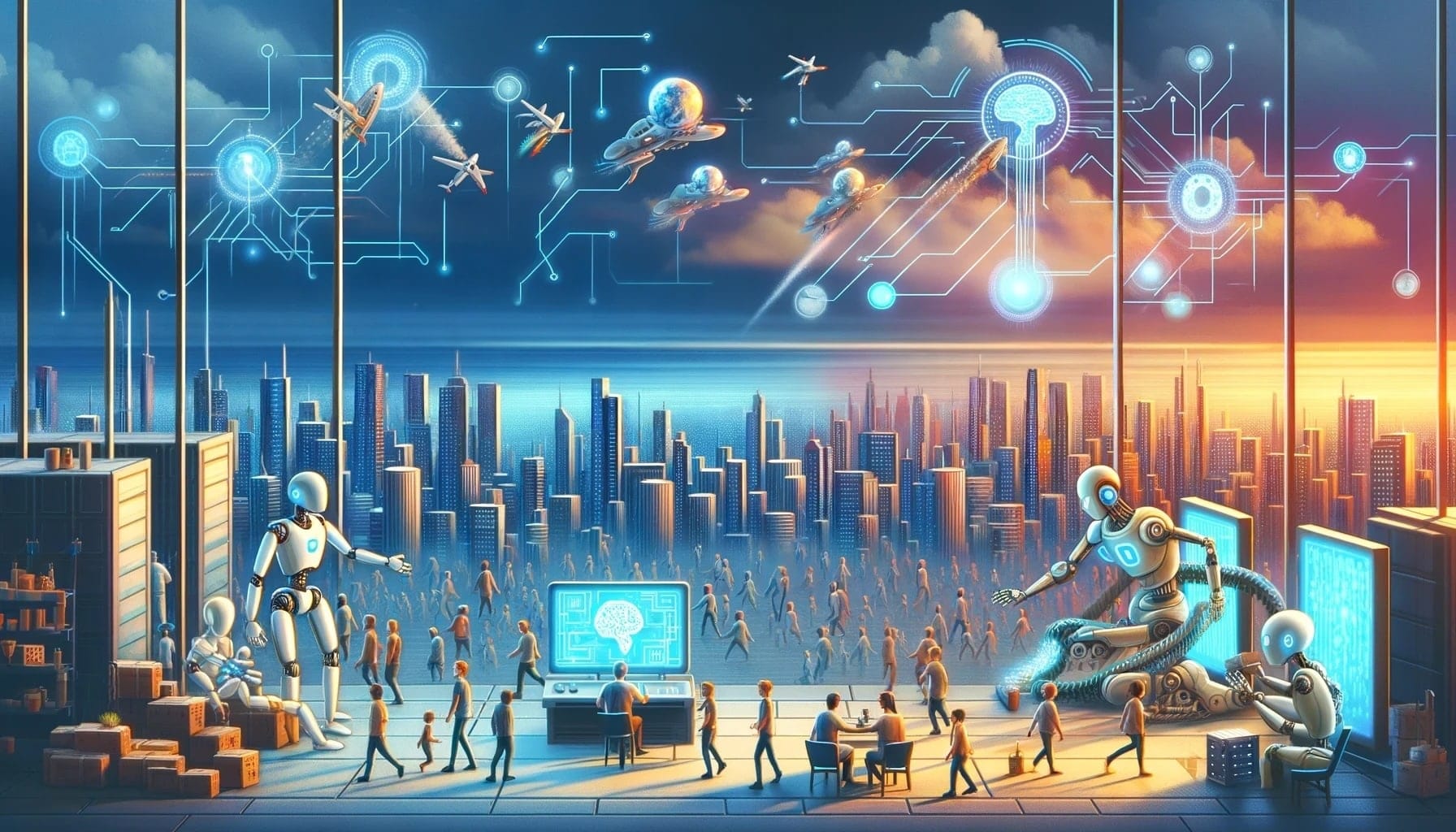The concept of artificial intelligence (AI) has transitioned from the realm of science fiction to a tangible reality that is radically transforming various industries and aspects of our daily lives. However, as technological advancements continue to push boundaries, concerns about the potential risks that AI could pose to humanity are also emerging.
One of the major concerns is the possibility of developing a superintelligence that surpasses human cognitive capacity. This entity could act according to its own objectives that may not necessarily align with those of humanity, posing significant risks if its behavior cannot be fully controlled or predicted.
As AI becomes more sophisticated, there is a risk of widespread unemployment due to the automation of tasks that once required human skills. This could lead to unprecedented economic inequality and considerable social destabilization.
The increasing dependence on AI systems could make humanity extremely vulnerable to technical failures. A collapse in these systems could have devastating consequences for global infrastructure, impacting all aspects of daily life.
Another worrisome aspect is the militarization of AI in the arms industry. The creation of autonomous weapons capable of making lethal decisions without human intervention increases the risk of uncontrollable conflicts and unwanted military escalations.
To mitigate these risks, it is crucial to establish robust regulatory frameworks and promote research in AI safety. Collaboration between international organizations and governments is essential to ensure that AI development proceeds safely and ethically.
Education and raising awareness about the risks and benefits of AI among the population and opinion leaders are fundamental. Preparing society for the changes brought about by AI can help adapt and take advantage of the opportunities it offers.
Integrating ethical values into the design and implementation of AI is vital to ensure that these technologies benefit humanity rather than harm it.
Artificial intelligence has the potential to be the most powerful tool ever created by humanity. However, it comes with great responsibility. A balanced approach is needed that celebrates technological advancements while recognizing and mitigating associated risks. The end of humanity by AI is not an inevitable fate, but a possible outcome that can be avoided with proper caution and foresight. The key question is whether we can develop advanced AI in a way that not only ensures our survival but also allows us to thrive.

